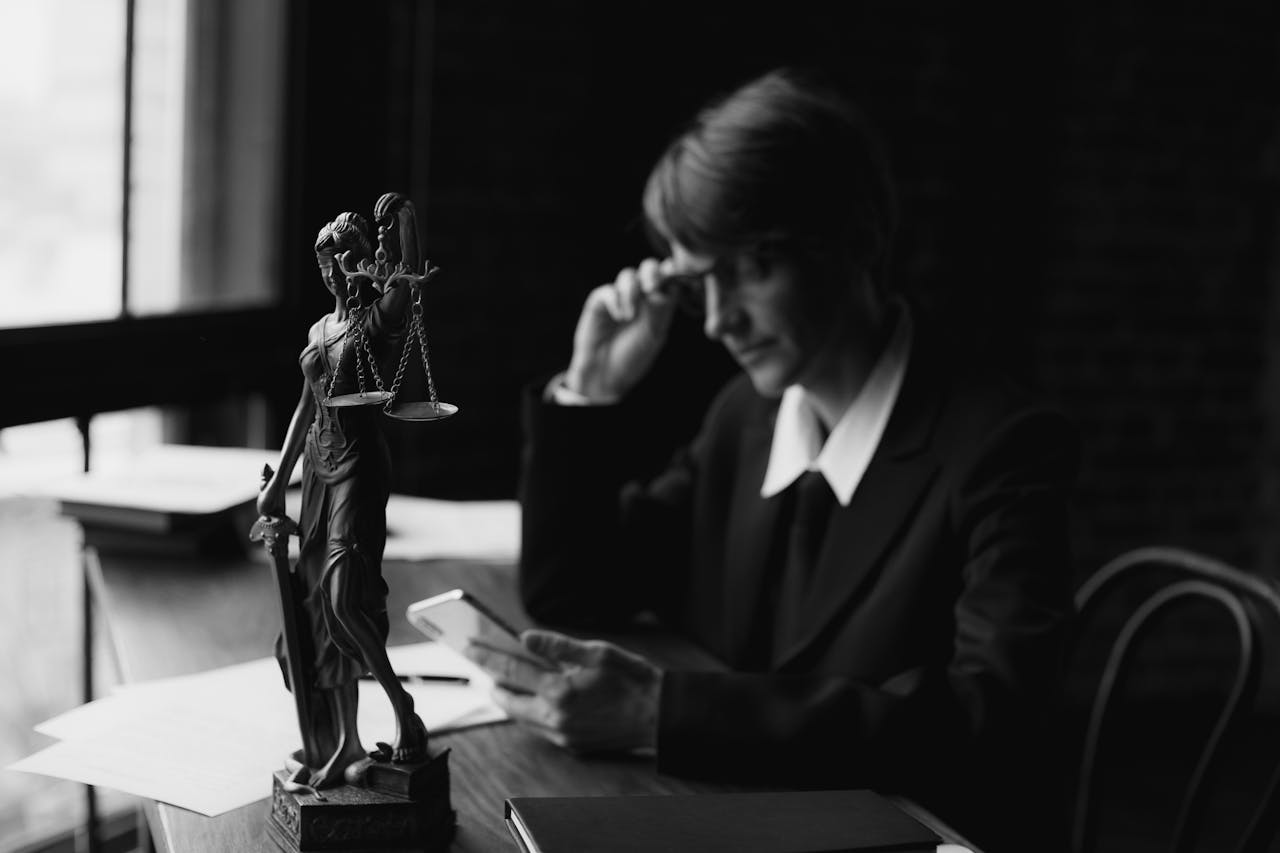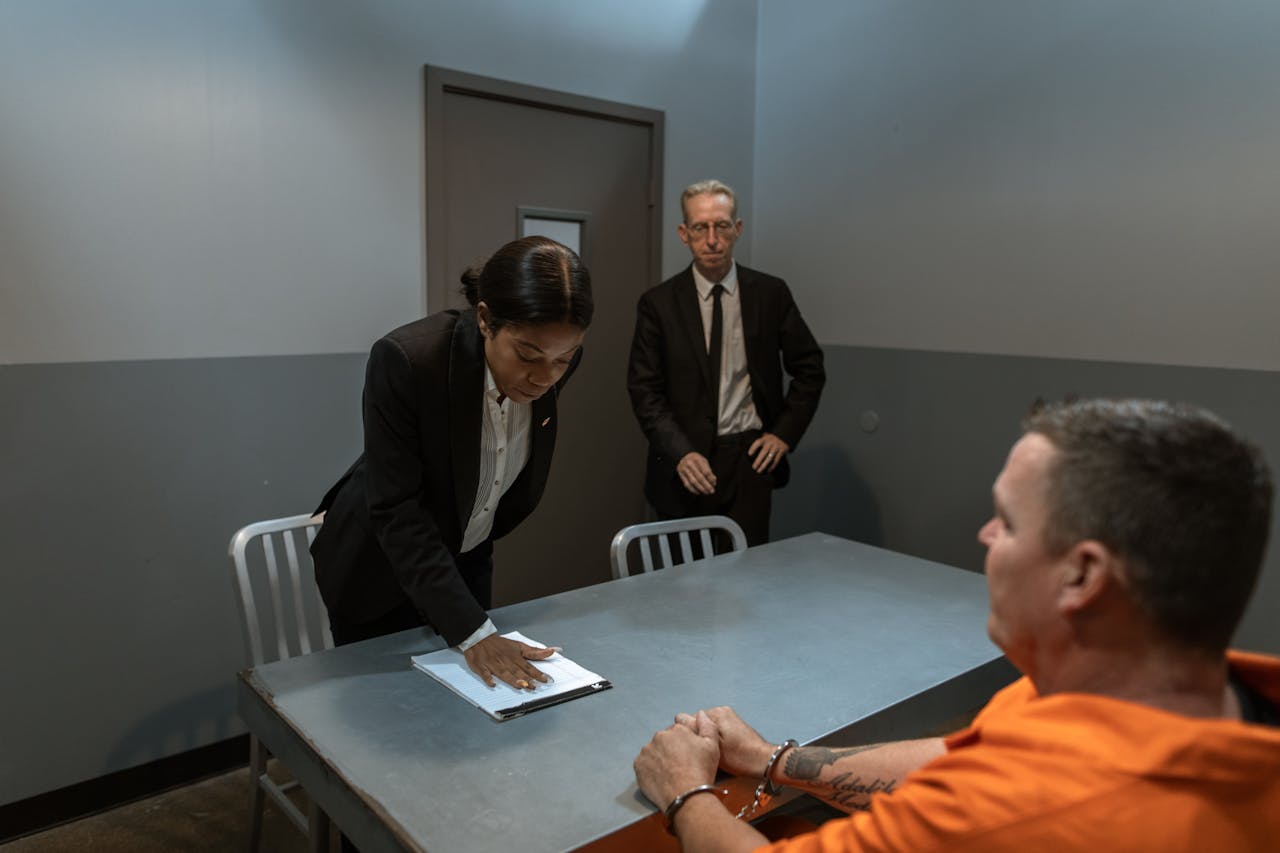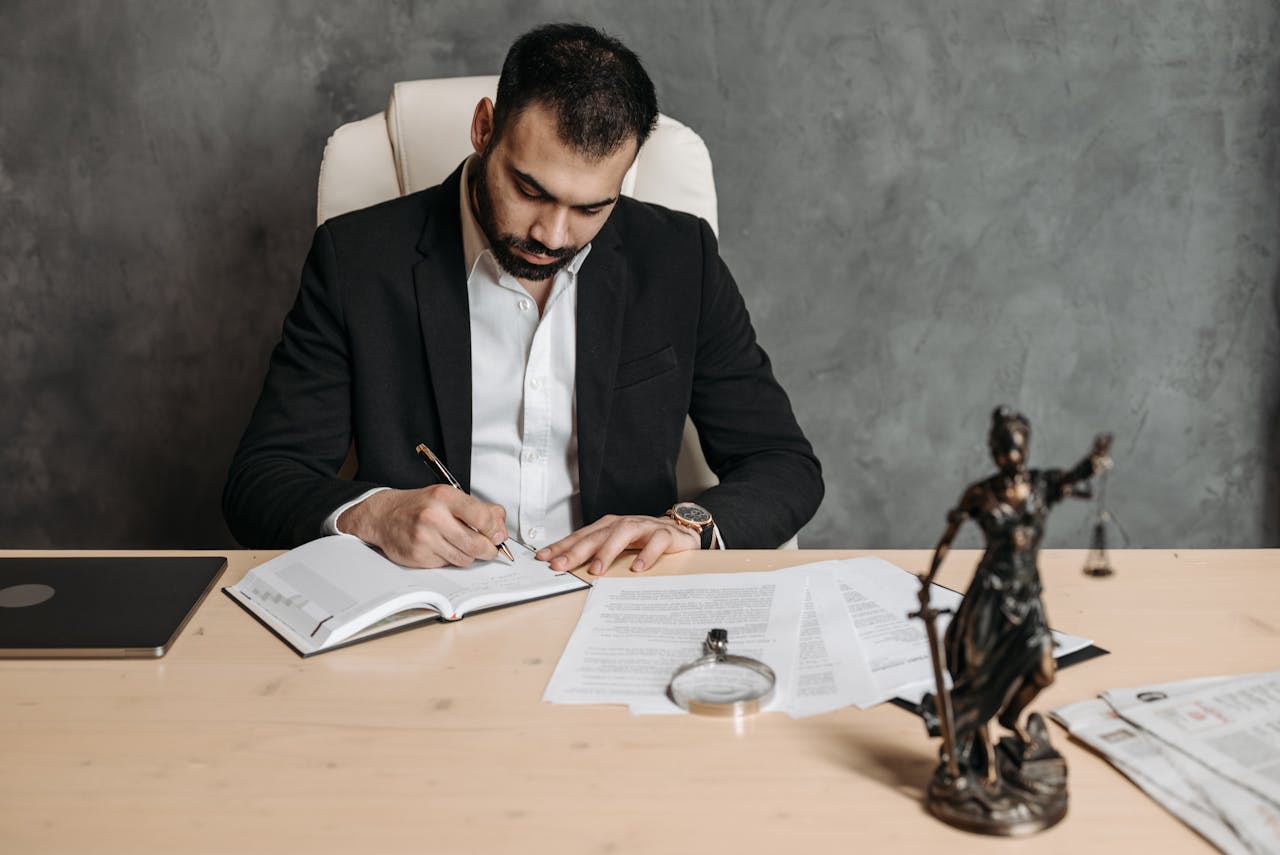Are Lawyers Allowed to Walk Around a Police Station Without Permission
Are Lawyers Allowed to Walk Around a Police Station Without Permission
In today’s digital world, the ancient science of Vedic astrology meets technology through tools like online marriage astrology calculators, offering clarity and cosmic predictions with just your date, time, and place of birth. But the real depth of prediction lies far beyond a calculator’s numerical result — it’s in the hands of a skilled astrologer who interprets your chart with intuition, scriptural wisdom, and cosmic observation. That’s where Nayku’s astrology services shine — providing precise, confidential, and personalized online marriage prediction sessions rooted in Vedic knowledge yet adapted for the modern digital seeker. This is not just about “when,” but why and how your marriage will unfold the way it does. Let’s uncover that cosmic mystery step by step.
It’s a question many legal professionals—and the public—wonder: Can a lawyer freely move within a police station without explicit permission? The answer isn’t always straightforward. While legal rights grant certain freedoms, procedures and protocols govern access. In this in-depth guide, we’ll explore lawyers’ rights to access, walk through, and operate near or inside a police station across jurisdictions, the boundaries of privilege, and practical advice for legal professionals and clients alike.

Why This Question Matters
Being able to meet clients or review evidence at a police station is essential to effective representation. Consider scenarios such as:
- Initial client interviews after arrest.
- Reviewing evidence or case reports held by law enforcement.
- Facilitating bail and release procedures.
- Providing emotional and legal support immediately after detention.
Understanding your rights—and limits—prevents conflicts, ensures professional conduct, and protects clients' constitutional and legal privileges.
Not sure how far your legal access rights go inside a police station? Nayku helps lawyers and clients navigate permissions, protocols, and legal boundaries with clarity.
Overview of Access Rights: Walking the Line
✔️ General Public Areas vs. Restricted Zones
Most police stations feature public-access zones—lobby, reception, and visitor waiting areas—where lawyers, journalists, and family members can freely pass through without specific permits.
By contrast, detention wings, interrogation rooms, evidence storage, and secure corridors are restricted, requiring official escorts, internal passes, or explicit permission. Accessing these areas without approval can lead to removal, questioning, or arrest.
🏛️ Why Access is Restricted
Police stations maintain restricted zones to protect:
- Operational integrity, ensuring investigations remain uncontaminated.
- Privacy and safety, for victims, witnesses, and detained individuals.
- Evidence security, preventing unauthorized tampering.
These restrictions aren’t arbitrary—they’re rooted in law, policy, and the need to balance transparency with security.

Legal Foundations Governing Access
🧑⚖️ Constitutional & Legal Protections (U.S. Context)
- Sixth Amendment (U.S.): Guarantees defendants the right to legal counsel for fair representation, including meaningful access to their attorneys.
- Attorney-Client Privilege: Must be upheld, even inside police stations.
- Court Precedents: Many courts have ruled that reasonable access to counsel in secure areas is legally required, especially during critical stages like interrogation.
🌐 International Perspectives
Rights vary globally, but common international norms include:
- UN Basic Principles on the Role of Lawyers: Lawyers shall not be hindered from representing clients—this includes access to places of detention like police stations.
- Domestic laws in Canada, the UK, India, and Australia echo similar standards: lawyers may access detainees, but supervision and bookings often apply.
Need help asserting your rights or filing a complaint over denied access? Nayku Legal offers expert guidance for attorneys dealing with law enforcement limitations.
Typical Access Protocols
While policies differ by region, these steps are common:
- Check-in and Identification
Lawyers usually submit government-issued ID and Bar Association card.
- Signing the Visitor Log
Documenting time in and out ensures accountability.
- Issuance of a Visitor Badge or Pass
Distinguishes approved visitors from unauthorized personnel.
- Escorted Access
For areas like cells, observation rooms, or interrogation zones—an officer typically accompanies the lawyer.
- Client Visit Scheduling
Some stations require appointments to manage capacity and ensure availability of holding rooms.
When Issues Arise
🚫 Delayed or Denied Access
Refusal or unreasonable delay in granting access violates a client’s constitutional rights. Lawyers can:
- Raise the issue in court, requesting immediate relief or sanctioning the station.
- File a formal complaint with internal affairs or the relevant oversight board.
- Seek immediate judicial intervention if client rights are being violated during critical early stages.
👁️🗨️ Lack of Privacy during Meetings
Conversations must remain confidential. If law enforcement fails to provide reasonable privacy, a lawyer may:
- Refuse to proceed with the meeting.
- Request a court order or escalate to external oversight bodies.
- Document the incident for future legal recourse.
Best Practices for Lawyers
To avoid friction and safeguard client rights, attorneys should:
- Plan ahead: Call ahead to verify station-specific policies.
- Arrive early: Allocate time for check-ins and badge processing.
- Follow protocols: Always log visits and stay on approved routes.
- Bring documentation: Copies of arrest warrant, detention orders, or case file.
- Insist on private space: Request a separate interview room if possible.
- Keep records: Note any delays, denials, or record of exit times.
- Take prompt action if blocked: Document refusals, escalate quickly.
These steps reduce risk, maintain professionalism, and affirm clients' constitutional protections.
Legal protocols inside police stations can vary. Nayku provides region-specific legal resources to ensure you're always operating within your rights.
Common Misconceptions
- ❌ “Lawyers can roam anywhere once identified.”
Not true—most secure zones require explicit permission.
- ❌ “Client has right to meet anytime.”
Only with reasonable, timely access—subject to scheduled availability.
- ✅ “Public zones are fine.”
Yes, lawyers may freely use waiting and reception areas.
- ✅ “Escorts are normal.”
Yes—escorts safeguard security but shouldn’t block counsel access.

Global Snapshot
- United States: Access typically allowed to visitation and interview rooms, with escorted entry to holding cells.
- United Kingdom: Access under Police and Criminal Evidence Act (PACE)—rights to consult with a lawyer at police stations.
- India: Supreme Court mandates prompt access to lawyers post-arrest—though station-level delays continue to be contested.
- Canada & Australia: Residents enjoy site-specific policies but align with international lawyer-access standards.
- European Union: Country-specific laws follow EU directive on detainee rights.
What to Do if You're a Client
- ✅ Ask to see your lawyer—clearly request at first opportunity.
- ✅ Document any refusal or delay—note date/time and witness details.
- ✅ Insist on privacy—small room rather than open seating near staff.
- ✅ Escalate if blocked—inform your lawyer who can challenge the denial in court.
Whether you're a lawyer entering for the first time or dealing with access issues, Nayku’s legal insights help protect both your client and your practice.
Key Takeaways
- ✔️ Lawyers are allowed in police station public areas without special permission.
- ✔️ Secure zones require visiting protocols and officers present.
- ❗ Unnecessary delays or denials might violate constitutional rights or international norms.
- 📝 Best practice: check policies, document everything, escalate issues immediately.
- 🏛️ When rights are violated, lawyers can seek relief via court motions, complaints, or urgent applications.

Upholding Legal Access – A Call to Action
Whether you're an attorney or a client, respecting police station procedures while firmly asserting legal rights is crucial. By preparing in advance, insisting on timely, private access, and escalating any obstruction, you help ensure dignity and due process. Know the law—enforce it—with both respect and resolve.
Related Articles

Find Best Online Lawyers in Bhopal Near Me
Find the best online lawyers in Bhopal near you for instant legal consultation, expert guidance, and...
Read More
Experienced Lawyers Online Legal Consultations In Bhopal
Connect with experienced lawyers in Bhopal for online legal consultations. Get reliable advice and s...
Read More
Get Professional Advice From Best Lawyers in Bhopal
Find top-rated lawyers in Bhopal offering expert legal advice. Get solutions for family, property, b...
Read More
